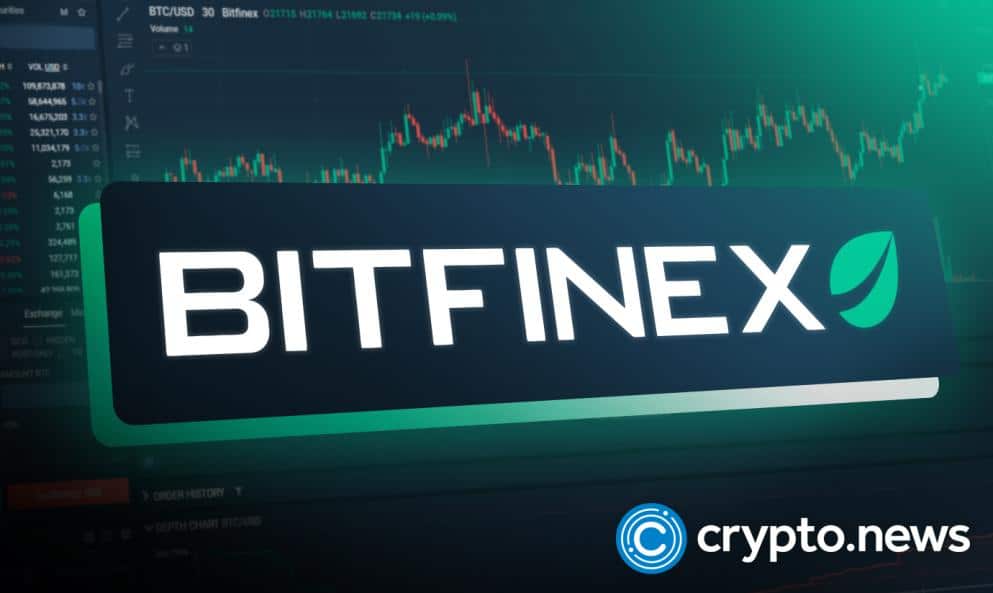
In January 2025, the U.S. federal court ruled that 94,643 of 119,754 BTC stolen in the 2016 Bitfinex exchange hack must be returned to the exchange, which is recognized as the sole victim of the crime.
In 2022, the Department of Justice managed to take control of 94,643 of 119,754 bitcoins associated with the hack, paving the way for restitution. The DOJ is working on getting the rest of the stolen coins, which were subjected to money laundering attempts.
Before the hack, the stolen amount of bitcoins was worth around $72 million. Following the price drop, these coins’ value was estimated at $58 million. As of Jan. 19, 2025, the value of 94.6k BTC is estimated at $9 billion. The number of stolen assets was more than half of the bitcoins controlled by Bitfinex at the time.
The details of the ruling
The ruling may be found controversial as every single Bitfinex client holding money on the exchange in 2016 was affected regardless of whether criminals emptied their wallets because the unaffected addresses were partly emptied by the exchange (“a sole victim”) itself.
The platform cut every deposit by 36.06% and compensated it with some amounts of BFX tokens or Right to Recovery Tokens issued by the parent company iFinex. These tokens could be redeemed for cash or converted into iFinex equity.
The ethical questions behind cutting the clients’ deposits by a third aside, the compensation was hardly just even in 2016, considering that the hack caused a substantial BTC price drop.
Nevertheless, the latest ruling leaves a window of opportunity for the affected Bitfinex clients, as they can claim the portions of the restitution individually until January 28.
According to the judge, neither the exchange nor its users fit the victim criteria; however, thanks to plea agreements, voluntary restitution became possible.
The people behind the hack and money laundering
People behind the plea are Ilya Lichtenstein and his wife Heather Morgan, a man who made a bigger-than-life crypto hack, and his wife with whom they tried to launder the money. The press dubbed them “Bitcoin Bonnie and Clyde.” In contrast to the real-life Bonnie and Clyde, Lichtenstein and Morgan turned out to be far more interesting and entertaining than the legendary crime couple of the 1930s, immortalized in pop culture.
While Lichtenstein was a low-key IT entrepreneur and didn’t catch the public eye, Morgan was writing for Inc. and Forbes, but most famously following the arrest, she became a “weirder-than-Bjork” rapper under the Razzlekhan moniker. She dropped her latest video on January 10, 2025, and it really adds a nice portion of surrealism to an entire situation.
However, we cannot underestimate Lichtenstein’s enigma as well as the smart methods of hacking Bitfinex and ways to launder the money stolen from the exchange. Lichtenstein and Morgan’s actions became the subject of a Netflix documentary series, which is currently in the works.
Lichtenstein and Morgan admitted their involvement in money laundering, while Lichtenstein alone pleaded to hacking Bitfinex. He got a 5-year sentence, while his wife is facing 3 years in jail. On Dec. 19, 2024, the prison video of Lichtenstein apologizing for the hack and regretting his past deeds was posted on his X account. In the video, Ilya took 100% responsibility for the heist and said his wife didn’t know about the hack. He said he was willing to return all the stolen money.
Lichtenstein and Morgan admitted their involvement in money laundering while Lichtenstein alone pleaded to hacking Bitfinex. He got a 5-year sentence while his wife is facing 3 years in jail. On Dec. 19, 2024, the prison video of Lichtenstein apologizing for the hack and regretting his past deeds was posted on his X account. In the video, Ilya took 100% responsibility for the heist and said his wife didn’t know about the hack. He said he was willing to return all the stolen money.
Is the ruling controversial?
There are several ways to look at the situation and decide whether the ruling was a victory or a failure for the crypto community.
Those who believe that the U.S. should not sell any bitcoins cannot applaud this ruling as, according to it, the money held by the DOJ will be sent to a company headquartered in Taiwan and the British Virgin Islands. However, if the government chooses to accumulate one million bitcoins, 94,643 bitcoins will not be critical damage on the way to this goal. Not good news anyway.
Those who believe that the stolen funds should be returned to the affected clients barely see the ruling as justified. The time frame set to claim a partition of the restitution (until January 28) seems to be tough. All in all, it’s good to have an opportunity.
And, finally, those who prefer Bitfinex having these coins over the DOJ can celebrate as the coins will be released from the government back to Bitfinex and the affected party will get most of what they had on their balance. The money is likely to hit the market again. Hopefully, it will improve the opportunities for exchange in the recovery of clients’ funds.
And, finally, those who prefer Bitfinex having these coins over the DOJ can celebrate as the coins will be released from the government back to Bitfinex and the affected party will get most of what they had on their balance. The money is likely to hit the market again. Hopefully, it will improve the opportunities of the exchange in the recovery of its client’s funds.

